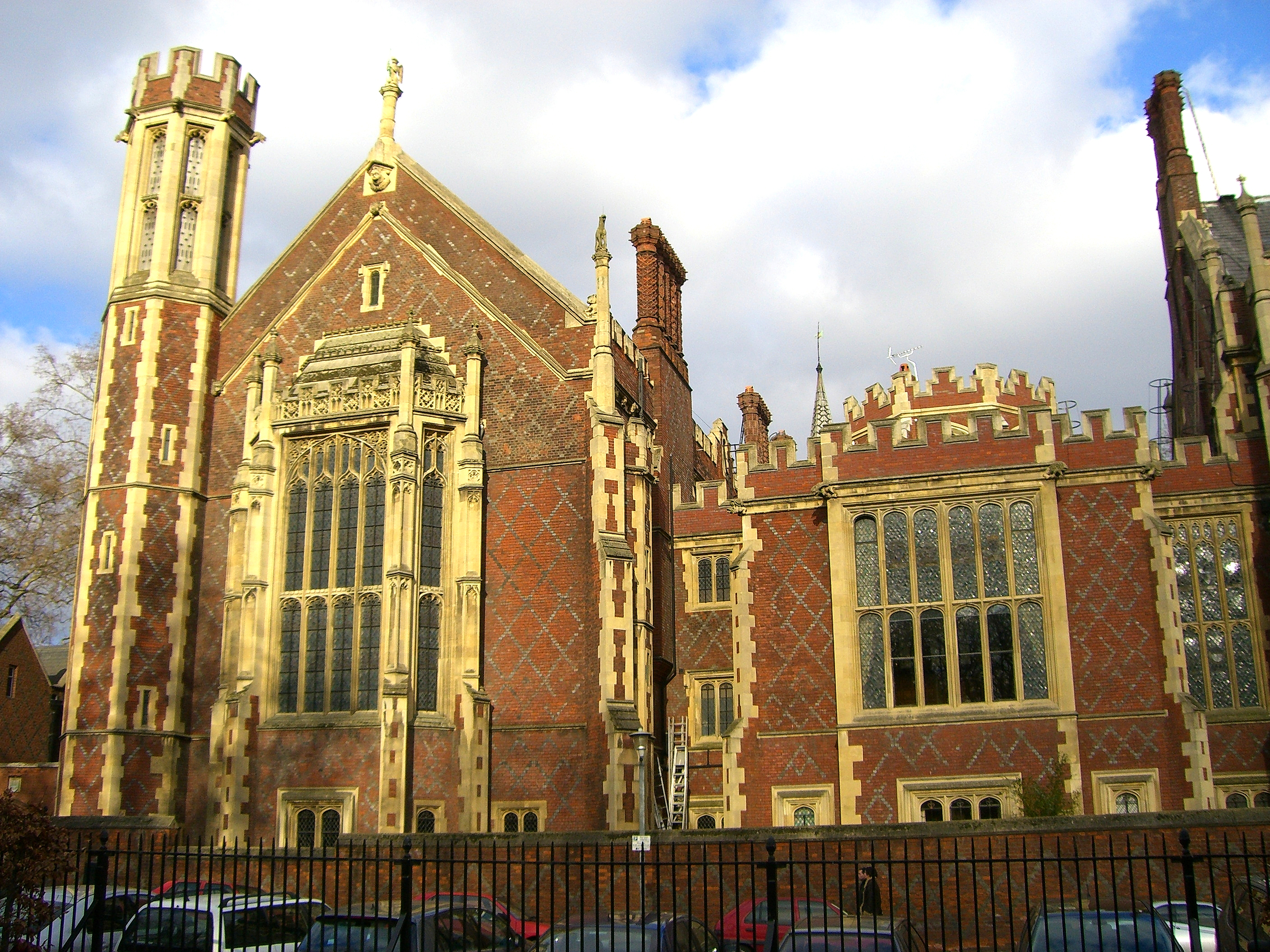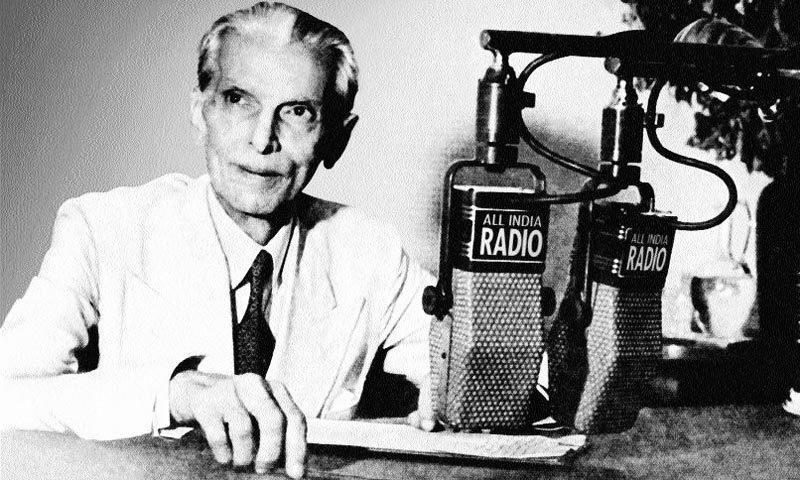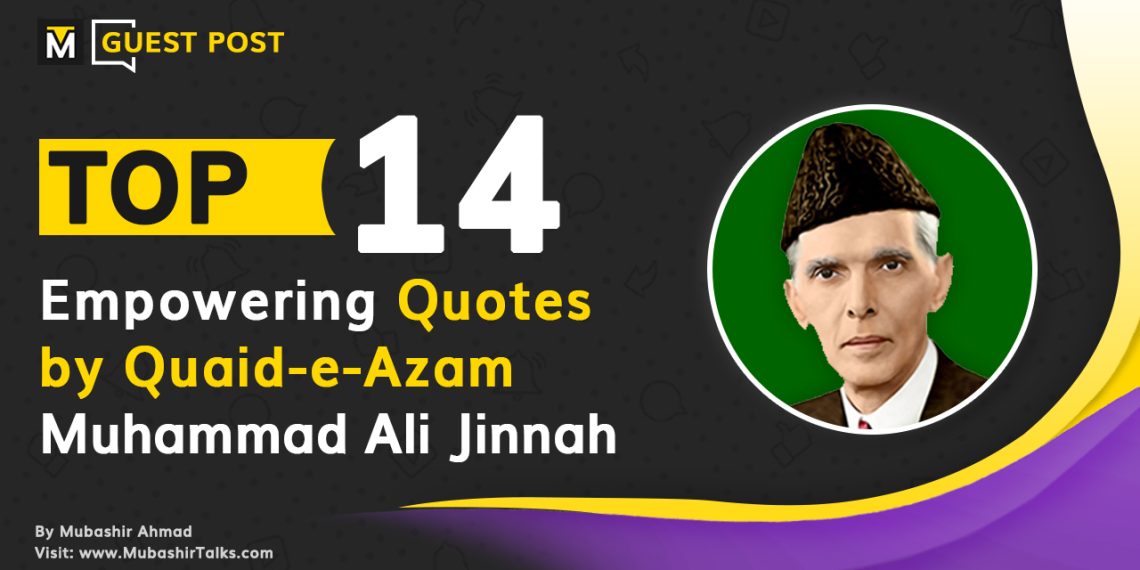Muhammad Ali Jinnah is revered as the “Quaid-e-Azam” which means “Great Leader” in Pakistan. He is celebrated for his role in creating the nation and for his vision of a separate homeland for Muslims. Jinnah’s speeches and writings continue to inspire generations, and his efforts in securing the rights of Muslims in India left a lasting impact on the region’s history.
Biography of Muhammad Ali Jinnah
- Name: Muhammad Ali Jinnah
- Born: December 25, 1876
- Died: September 11, 1948
- Nationality: Pakistani
- Profession: Lawyer, Politician, Statesman
- Known For: Founding the nation of Pakistan
Jinnah’s principles of unity, equality, and social justice remain integral to Pakistan’s identity and aspirations. He is widely regarded as one of the most influential leaders in modern South Asian history.
Table of Contents
14 Empowering Quotes by Quaid-e-Azam
- “I do not believe in taking the right decision, I take a decision and make it right.”
- “Think a hundred times before you take a decision, but once that decision is taken, stand by it as one man.”
- “There is no power on Earth that can undo Pakistan.”
- “You are free; you are free to go to your temples, you are free to go to your mosques or to any other place of worship in this State of Pakistan.”
- “You have to stand guard over the development and maintenance of Islamic democracy, Islamic social justice, and the equality of manhood in your own native soil.”
- “The great majority of us are Muslims. We follow the teachings of the Prophet Muhammad (peace be upon him). We are members of the brotherhood of Islam in which all are equal in rights, dignity, and self-respect.”
- “We should have a State in which we could live and breathe as free men and which we could develop according to our own lights and culture and where principles of Islamic social justice could find free play.”
- “No nation can rise to the height of glory unless your women are side by side with you.”
- “With faith, discipline, and selfless devotion to duty, there is nothing worthwhile that you cannot achieve.”
- “The story of Pakistan, its struggle and its achievement, is the very story of great human ideals, struggling to survive in the face of great odds and difficulties.”
- “The adoption of Western economic theory and practice will not help us in achieving our goal of creating a happy and contended people.”
- “I have nothing to do with this pseudo-religious approach that Gandhi is advocating.”
- “We are now all Pakistanis, not Baluchis, Pathans, Sindhis, Bengalis, Punjabis, and so on, and as Pakistanis, we must feet behave and act, and we should be proud to be known as Pakistanis and nothing else.”
- “You are the fortunate ones who will be able to render the true service to Pakistan and its people in their day of need.”
Early Life and Education of M.A. Jinnah
Muhammad Ali Jinnah was born in Karachi, which was then part of British India and is now in Pakistan. He came from a family of moderate means and belonged to the Ismaili Khoja branch of Islam. Jinnah received his early education in Karachi and later traveled to London to study law. He was called to the Bar at Lincoln’s Inn in 1896.

Legal Career of Quaid-e-Azam M.A. Jinnah
After completing his education, Jinnah returned to India and started his legal practice in Bombay (now Mumbai). He quickly gained a reputation as a skilled lawyer and emerged as a prominent figure in the legal community. His dedication and success in various legal cases earned him respect and recognition.
Political Career of Muhammad Ali Jinnah
Jinnah initially started his political career advocating for Hindu-Muslim unity within the Indian National Congress, which was striving for India’s independence from British rule. However, due to growing differences between the Muslim and Hindu communities, Jinnah became increasingly concerned about the rights and representation of Muslims within a united India.
He eventually joined the All India Muslim League in 1913 and went on to become its leader. Jinnah’s efforts to protect the political rights of Muslims in a Hindu-majority India led to his development of the “Two-Nation Theory,” which argued that Hindus and Muslims were distinct nations with different religious, cultural, and political interests.

As per Wikipedia, “Similar rights were to be granted to the Muslim-majority areas in the east, and unspecified protections given to Muslim minorities in other provinces. The resolution was passed by the League session in Lahore on 23 March 1940.”
M.A Jinnah Role in the Creation of Pakistan
Jinnah’s leadership and advocacy for a separate Muslim-majority nation culminated in the demand for the creation of Pakistan. He negotiated with the British government and other political leaders to secure the partition of British India into two independent states: India and Pakistan. On August 14, 1947, Pakistan was born as a separate nation, and Jinnah became its first Governor-General.

Death of Quaid-e-Azam Muhammad Ali Jinnah
Muhammad Ali Jinnah’s health deteriorated rapidly after Pakistan’s independence. On 6 July 1948, Jinnah returned to Quetta, but at the advice of doctors, soon journeyed to an even higher retreat at Ziarat. He suffered from tuberculosis and lung ailments. He passed away on September 11, 1948, in Karachi at the age of 71, just over a year after Pakistan’s creation.

Image Sources: Pixabay | Pexels | Free Images or Source is Linked – Let us know if you have concerns to be addressed.
Your comments and views in the comment box below will be highly appreciated and helpful to all others. Stay connected with Mubashir Talks. Cheers!
Was this helpful? Rate this post below.
Your post rank





![[getpaidstock.com] 64ec49e8b971a](https://mubashirtalks.com/wp-content/uploads/2023/08/getpaidstock.com-64ec49e8b971a-120x86.jpg)

















![[getpaidstock.com] 64ec49e8b971a](https://mubashirtalks.com/wp-content/uploads/2023/08/getpaidstock.com-64ec49e8b971a-75x75.jpg)
Discussion about this post